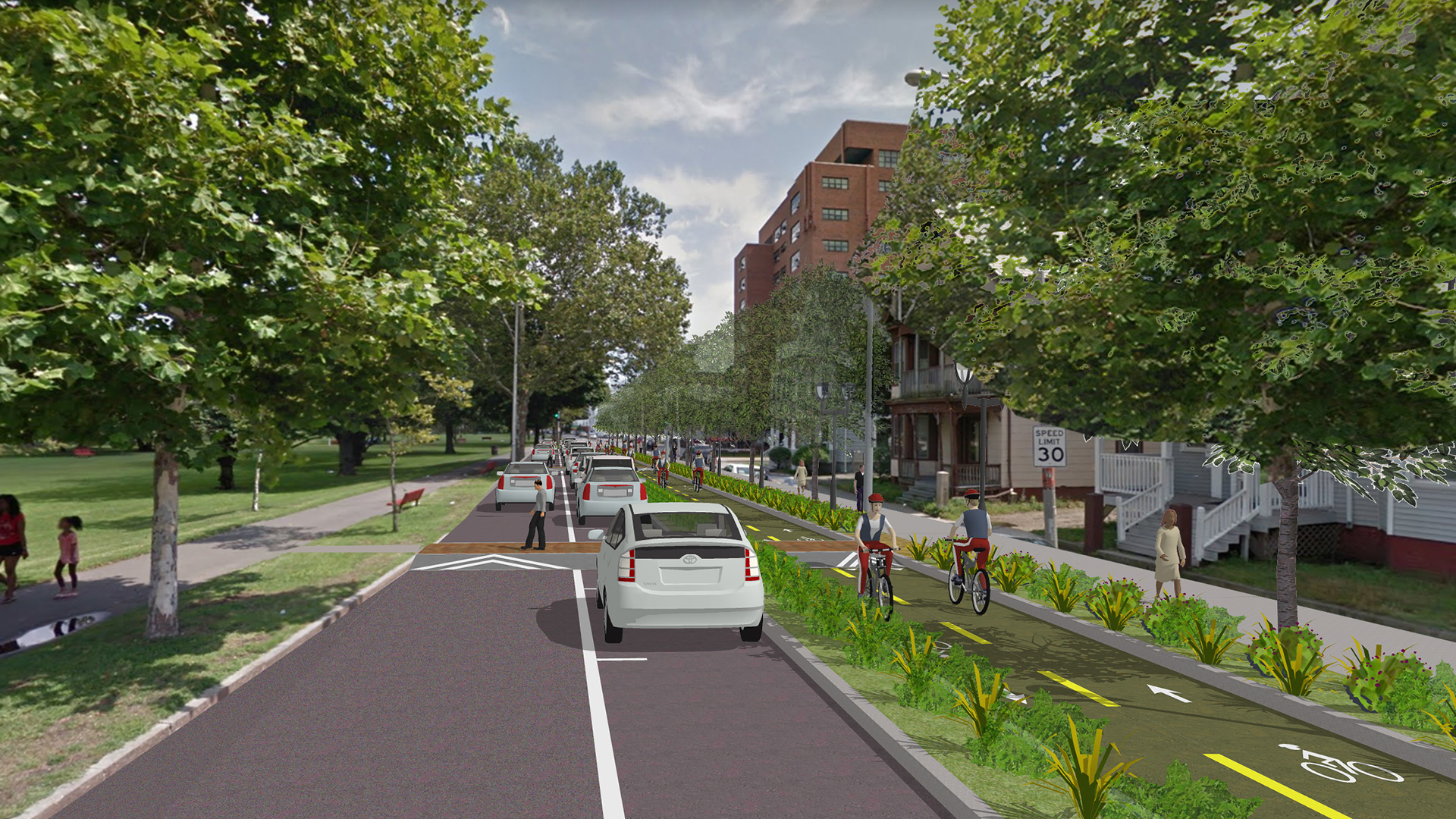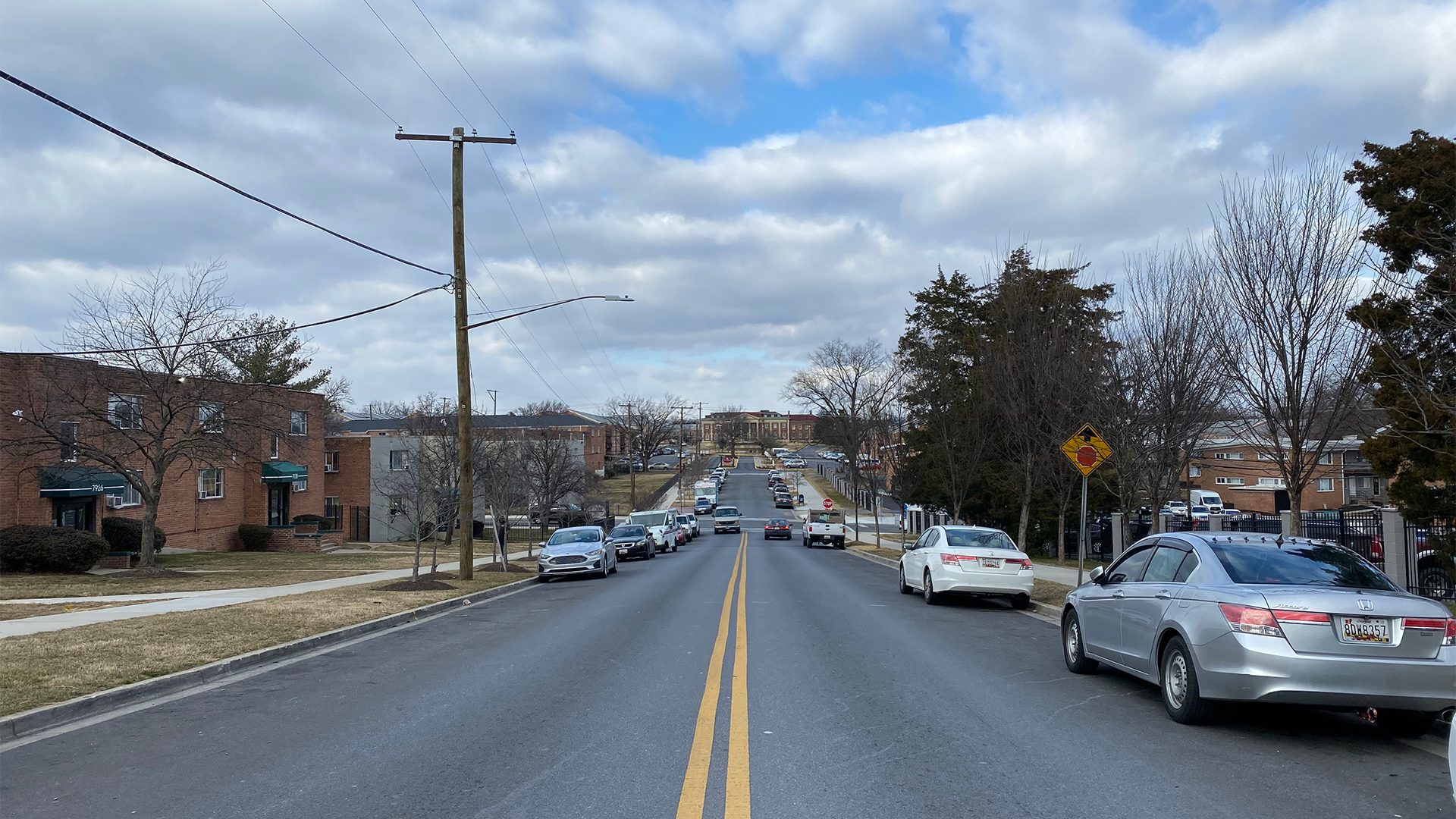Challenge
As a high-growth state, Florida struggles to provide transportation services and facilities to meet the needs of growth. In addition to motor fuel taxes and sales taxes, multi-modal mobility fees – a one-time charge on new development – are a popular method of helping to fund transportation capital needs. State laws require that fees be maintained to reflect the most recent and localized transportation data. The City of Orlando needed to update its fee study in order to address up-to-date mobility strategies for roads, as well as for transit, bike, sidewalk, and rail system expansion; and to reconsider the magnitude of discounts provided for traditional neighborhood developments (TND).
Solution
Kittelson made use of the adopted MetroPlan Orlando transportation plan and the City’s own Comprehensive Plan to assess transportation needs and modal strategies in various areas in Orlando, and develop a two-tiered fee schedule: one for downtown development, which is more reliant on transit and rail, and another for other areas in Orlando. The reconsideration of TND discounts was guided by recent literature, and a definition of TND relevant to the mobility fee was also created.
The Outcome
Valuing Mobility in Fast-Growing Orlando
Updated transportation plans and strategies indicated that transportation costs had increased since the most recent prior update, and that modal strategies have also placed a greater emphasis on transit and rail in the downtown area. As a result, the proposed fee schedules are lower in the downtown area and higher in other areas of Orlando compared to the currently adopted fee schedules.



